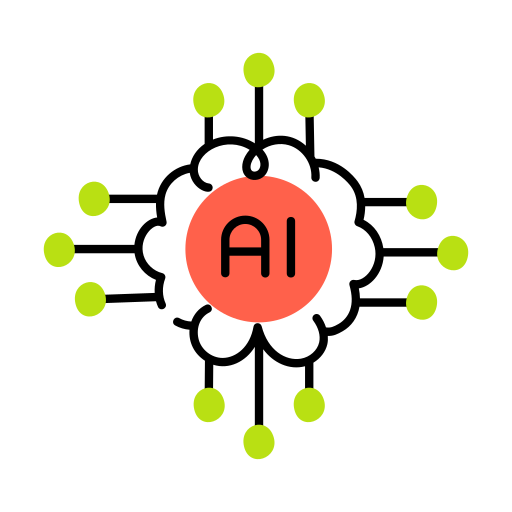Full Stack SDET: Harmonizing Development and Testing

The world of software development is rapidly evolving, and in this dynamic landscape, the role of a Full Stack Software Development Engineer in Test (SDET) has become increasingly crucial. As companies strive to deliver high-quality software products at speed, the need for professionals who can bridge the gap between development and testing has never been greater. SURESH IT- best full stack development course ensures training for a developer and a tester, capable of working across the entire software stack, ensuring the development and quality assurance processes are seamlessly integrated.
What is a Full Stack SDET?
A Full Stack SDET is someone who has expertise in both software development and software testing. While traditional developers focus primarily on building applications, and testers concentrate on ensuring those applications meet quality standards, Full Stack SDETs are proficient in both areas. They write the code for both development and testing, create automation frameworks, and ensure that the entire software lifecycle is covered with comprehensive test cases.
This hybrid role requires knowledge across multiple technologies, making Full Stack SDETs versatile professionals who are capable of working with both front-end and back-end technologies, and ensuring that both work seamlessly together. By having this capability, they can implement end-to-end testing processes from UI testing to API testing, ensuring that each layer of the application is fully functional and meets the required standards.
Why is Full Stack SDET in Demand?
In today’s agile software development environment, the pressure to deliver software quickly and efficiently is immense. The traditional process of development and testing being handled separately often leads to inefficiencies and delays. Full Stack SDETs, on the other hand, ensure that testing is not an afterthought but an integral part of the development process. SURESH IT- full stack developer training provides online/offline training by industry experts and also placement guarantee.
A Full Stack SDET can:
1. Write Unit and Integration Tests: They can write unit tests for individual components and integration tests for the entire system, ensuring that the software functions as expected throughout its lifecycle.
2. Implement Automation Frameworks: Full Stack SDETs can create and maintain automated test frameworks, enabling continuous testing and reducing the time spent on manual tests.
3. Bridge Development and Testing: They can work directly with developers to ensure that testing is a part of the development process, ensuring early detection of bugs and reducing the cost of fixing issues later in the development lifecycle.
4. Quality at Scale: Full Stack SDETs ensure that all areas of the software stack, from front-end to back-end, are thoroughly tested, leading to higher quality products and better end-user experiences.
Skills Needed for Full Stack SDET-
To succeed as a Full Stack SDET, professionals must be proficient in a wide range of skills, including but not limited to:
- Programming Languages: Full Stack SDETs must be proficient in both front-end and back-end programming languages. Common languages include JavaScript, Python, Java, Ruby, and C#.
- Automation Tools: Knowledge of automation tools such as Selenium, JUnit, TestNG, or Cucumber is essential for automating the testing process.
- Version Control: A Full Stack SDET must be comfortable working with version control systems like Git to manage the codebase efficiently.
- Database Management: Familiarity with databases like MySQL, PostgreSQL, or MongoDB is crucial for backend testing.
- DevOps and CI/CD: Understanding of continuous integration and continuous deployment (CI/CD) processes is important for ensuring automated testing is integrated seamlessly into the development pipeline.
Why to choose Suresh IT?
For those aspiring to become Full Stack SDETs, enrolling in the full stack developer training is a critical step toward building the necessary skill set. A comprehensive course will cover both front-end and back-end development technologies, along with databases and version control systems, equipping you with the expertise to work as a Full Stack SDET.
Conclusion-
The Full Stack SDET role is a unique and highly sought-after position in the software development and testing domain. By mastering both development and testing skills, Full Stack SDETs play an essential role in modern software development teams, ensuring high-quality products and efficient delivery. Therefore, SURESH IT- best full stack development course is your perfect IT academy for learning different courses such as AWS with DevOps, Power BI– Data Analyst. Join us today!














